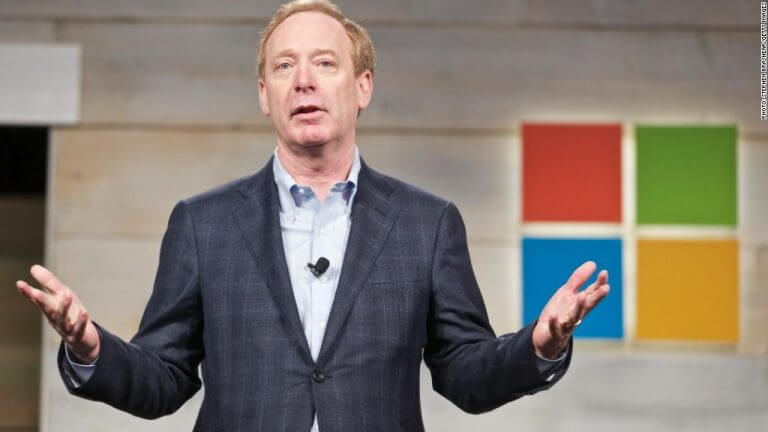Amid national unrest in the US, in large part to the recent countrywide protest led by the coalition of Black Lives Matter advocates who have been marching for weeks in cities calling for police reform, Microsoft has decided to not sell its facial recognition technology to local law enforcement until new “grounded in human right’s” policies are formally adopted by police.
In an interview with the Washington Post Live, Microsoft president Brad Smith is quoted as saying,
“This is a moment in time that really calls on us to listen more to learn more and, most importantly, to do more. Given that, we’ve decided that we will not sell facial recognition tech to police departments in the United States until we have a national law in place, grounded in human rights, that will govern this technology.”
Microsoft president @BradSmi says the company does not sell facial recognition software to police depts. in the U.S. today and will not sell the tools to police until there is a national law in place “grounded in human rights.” #postlive pic.twitter.com/lwxBLjrtZL
— Washington Post Live (@PostLive) June 11, 2020
Interestingly enough, despite Microsoft’s historic relationship with local and national law enforcement in the US, the company has yet to formally provide police with its facial recognition technology, and it doesn’t appear to be changing that stance any time soon.
Instead, Microsoft has provided law enforcement with a device-driven detection method known as Domain Awareness System (DAS) that utilizes license plate readers and various other types of cameras to triangulate identification and enable a comprehensive portfolio of possible criminal threats.
Facial recognition would undoubtedly quicken the police investigation process, but without a comprehensive examination of how, where and when to use the technology and in light of recent police-related civil abuses, it’s probably best for Microsoft and fellow tech firms Amazon and IBM to hold off on giving law enforcement such a powerful set of tools.


